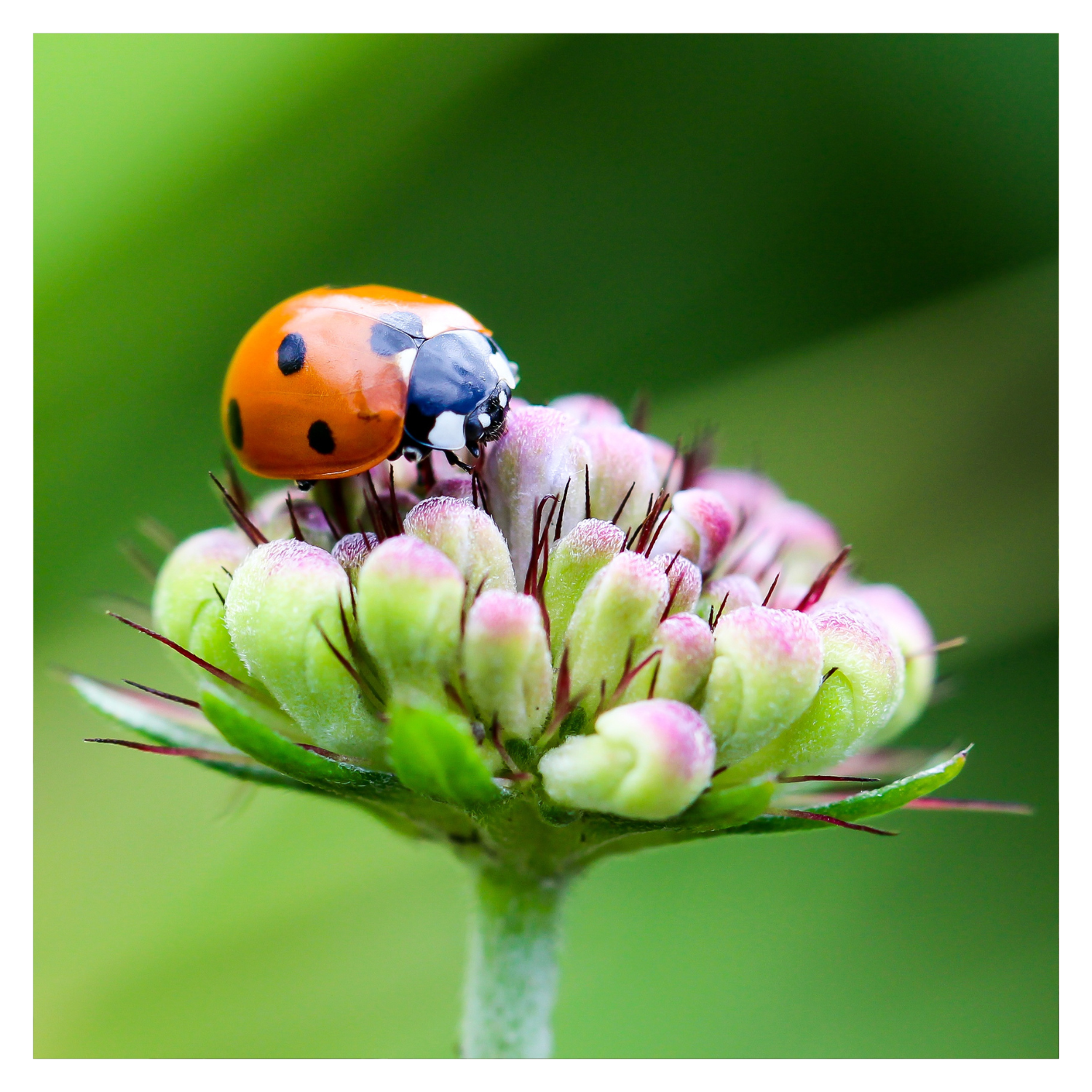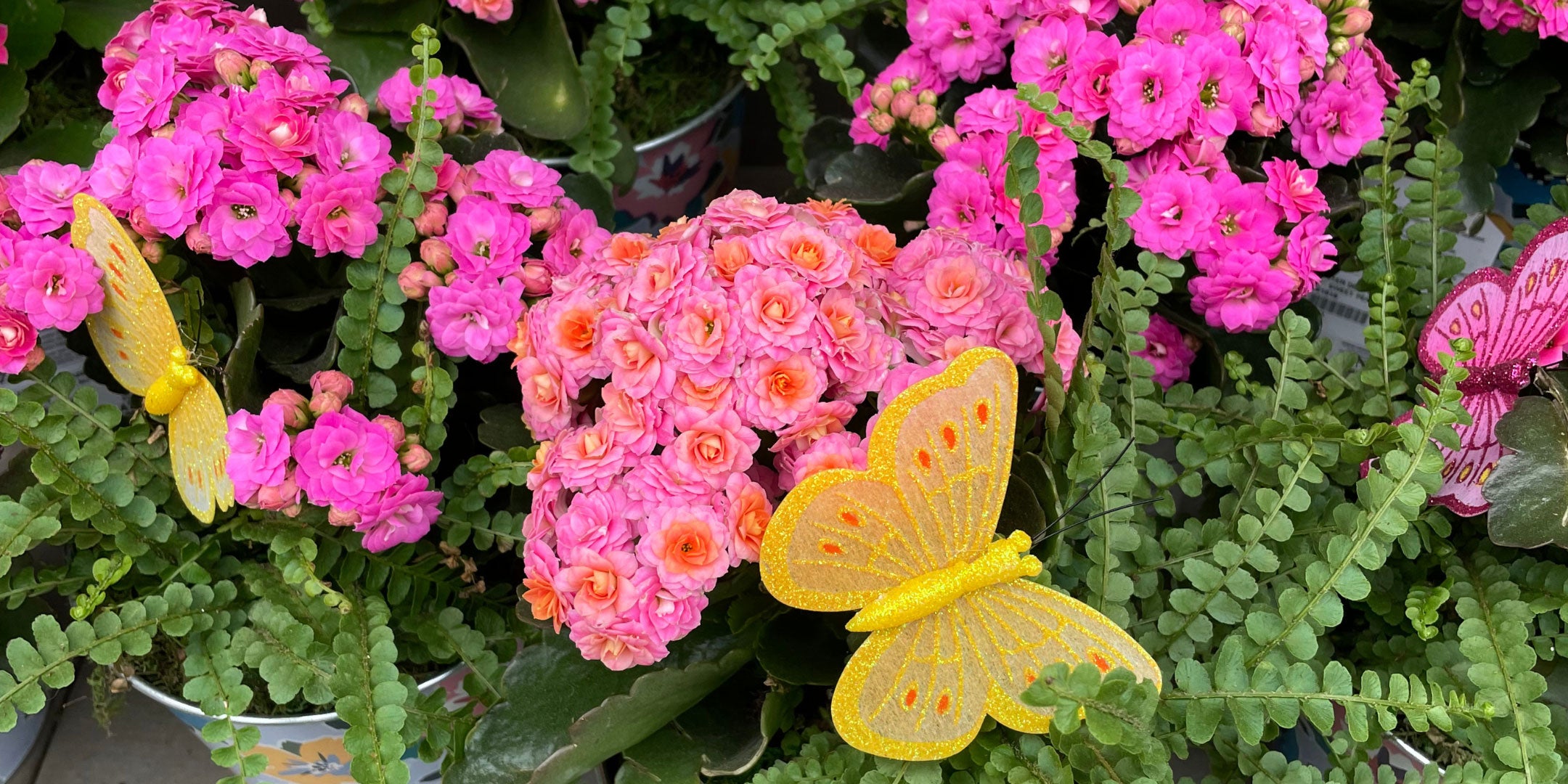Creating a thriving garden in Northern Ontario's Zone 4 requires careful planning and an understanding of the local ecosystem. One of the most effective ways to maintain a healthy garden is by attracting beneficial insects that can help with pollination, pest control, and overall plant health. In this week’s article we will be providing a guide on beneficial insects for your Zone 4 garden, along with tips on how to attract them and the benefits they bring.
Beneficial Insects for Zone 4 Gardens
1. Ladybugs (Ladybird Beetles)
- Benefits: Ladybugs are voracious eaters of aphids, mites, and other soft-bodied insects that can damage plants.
- Attracting Tips:
- Plant diversity: Include a variety of flowering plants like marigolds, dill, and fennel.
- Provide water: A shallow dish with rocks can serve as a water source.
- Avoid pesticides: Pesticides can harm ladybugs and their larvae.
2. Bees (Native Bees and Honeybees)
- Benefits: Bees are essential pollinators for fruits, vegetables, and flowers.
- Attracting Tips:
- Plant native flowers: Choose plants like coneflowers, black-eyed Susans, and asters.
- Create a bee-friendly habitat: Include a mix of flowers with different blooming times.
- Provide nesting sites: Leave some bare ground or use bee hotels for solitary bees.
3. Hoverflies (Syrphid Flies)
- Benefits: Hoverfly larvae feed on aphids and other pests, while adults are excellent pollinators.
- Attracting Tips:
- Plant composite flowers: Flowers like daisies, yarrow, and goldenrod attract hoverflies.
- Avoid monocultures: Diverse plantings encourage hoverfly populations.
- Maintain moist environments: Hoverflies prefer gardens with some moisture.
4. Ground Beetles
- Benefits: These beetles prey on soil-dwelling pests such as slugs, snails, and caterpillars.
- Attracting Tips:
- Provide ground cover: Use mulch, stones, or low-growing plants to create hiding spots.
- Limit soil disturbance: Avoid excessive tilling to protect beetle habitats.
- Leave some organic matter: Decomposing plant material attracts beetles.
5. Lacewings
- Benefits: Lacewing larvae are known as "aphid lions" for their ability to consume large numbers of aphids.
- Attracting Tips:
- Plant sweet alyssum, yarrow, and golden marguerite: These flowers attract adult lacewings.
- Create a pesticide-free zone: Lacewings are sensitive to chemicals.
- Provide nectar sources: Lacewing adults feed on nectar and pollen.
Creating a Beneficial Insect-Friendly Garden
1. Plant a Diverse Range of Flowers
- Incorporate a mix of flowering plants that bloom at different times to provide a continuous food source for insects.
- Consider using native plants that are adapted to the local climate and soil conditions.
2. Avoid Using Pesticides
- Pesticides can harm beneficial insects as well as pests. Opt for natural pest control methods, such as hand-picking pests or using insecticidal soap.
3. Provide Water Sources
- Beneficial insects need water to survive. Use shallow dishes or bird baths with pebbles to provide safe drinking spots.
4. Create Shelter and Nesting Areas
- Include shrubs, trees, and ground cover to provide shelter for insects.
- Use bee hotels, insect houses, or piles of logs and rocks to create nesting sites.
5. Practice Crop Rotation and Companion Planting
- Rotate crops to prevent pest buildup and encourage a healthy soil ecosystem.
- Use companion planting to deter pests and attract beneficial insects. For example, planting basil near tomatoes can attract pollinators and repel pests.
6. Encourage a Balanced Ecosystem
- Promote biodiversity in your garden by attracting a variety of beneficial insects that can control pests naturally.
- Avoid monoculture planting, which can lead to pest outbreaks and reduced insect diversity.
Attracting beneficial insects to your Zone 4 garden is an effective way to enhance plant health, improve pollination, and naturally control pests. By creating a welcoming environment with diverse plantings, water sources, and shelter, you can foster a thriving ecosystem that supports both your garden and the local wildlife. Embrace the power of nature and let these helpful insects work for you to create a beautiful and productive garden.



